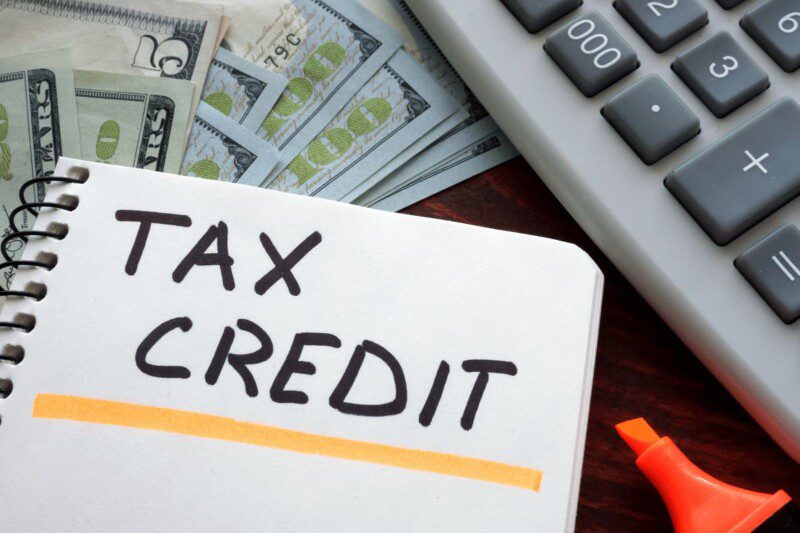Since tax season is upon us, most entrepreneurs will be preparing to file for tax, and you might be one of them. If you’re filing tax as a self-employed individual remember this: According to the IRS, self-employed taxpayers are expected to make four estimated tax payments each year. Taxpayers need to estimate tax return to determine whether they owe additional taxes or are entitled to a refund based on their income, deductions, and credits for the year.
Failure to pay your tax can have dire consequences such as penalties and jail time. In this article here are five things you need to know about tax:
1. You can file online
Technology has made it much easier for anyone to file their tax returns online, or do e-filing as it is known. In order to do e-filing all you need is your tax code and your financial reports. The IRS advises businesses and individuals to always make sure the e-filer you’ll be using is an “Authorized IRS e-file Provider”.
2. Your tax bill and deductions
One of the most critical things that you should get right when you file for tax is calculating your income and expenses. Using the IRS’s calculator, you can establish how much you should pay or deduct from your tax. There are many tax deductions that you need to be aware of. For instance, State sales tax, Reinvested dividends, and donations. It’s easy to know how much will be deducted from your tax bill if you keep records of all your transactions.
3. You need a CPA to draft financial statements
As a business owner, you are expected to produce financial statements detailing the financial strengths and weaknesses of your business. Tax authorities such as the IRS use financial statements drafted by CPA to assess the accuracy of your taxes. There are three types of financial statements: income statement, balance sheet, and cash flow statement.
4. Filing yourself is not always a good idea
While an e-filing provider can save you time and money, if you run your own business it is always highly recommended that you hire someone to handle your taxes for you. This is because filing tax returns for a business can be a bit tricky and daunting. A tax practitioner will help you figure out your tax rate, by first calculating your net income.
To accurately calculate your self-employment tax, a tax practitioner will take earnings for the year and minus self-employment gross income minus your business expenses. Once this is done (which sometimes may take hours to figure out) determining your total self-employment tax becomes easy.
📖 More similar articles…
5. What should you do to make your tax contribution
All self-employed people have until October 15, 2021, to make their tax contribution. Contributing to qualified retirement will exempt you from taxation and defer income taxes on other earnings. You might need someone like Paypro, to calculate tax returns for your business. A workforce management company that specializes in financial services and offers an online solution that can handle tax and payroll, Data Security, Business Continuity & Disaster Recovery, and much more is a valuable investment for companies that need guidance.



